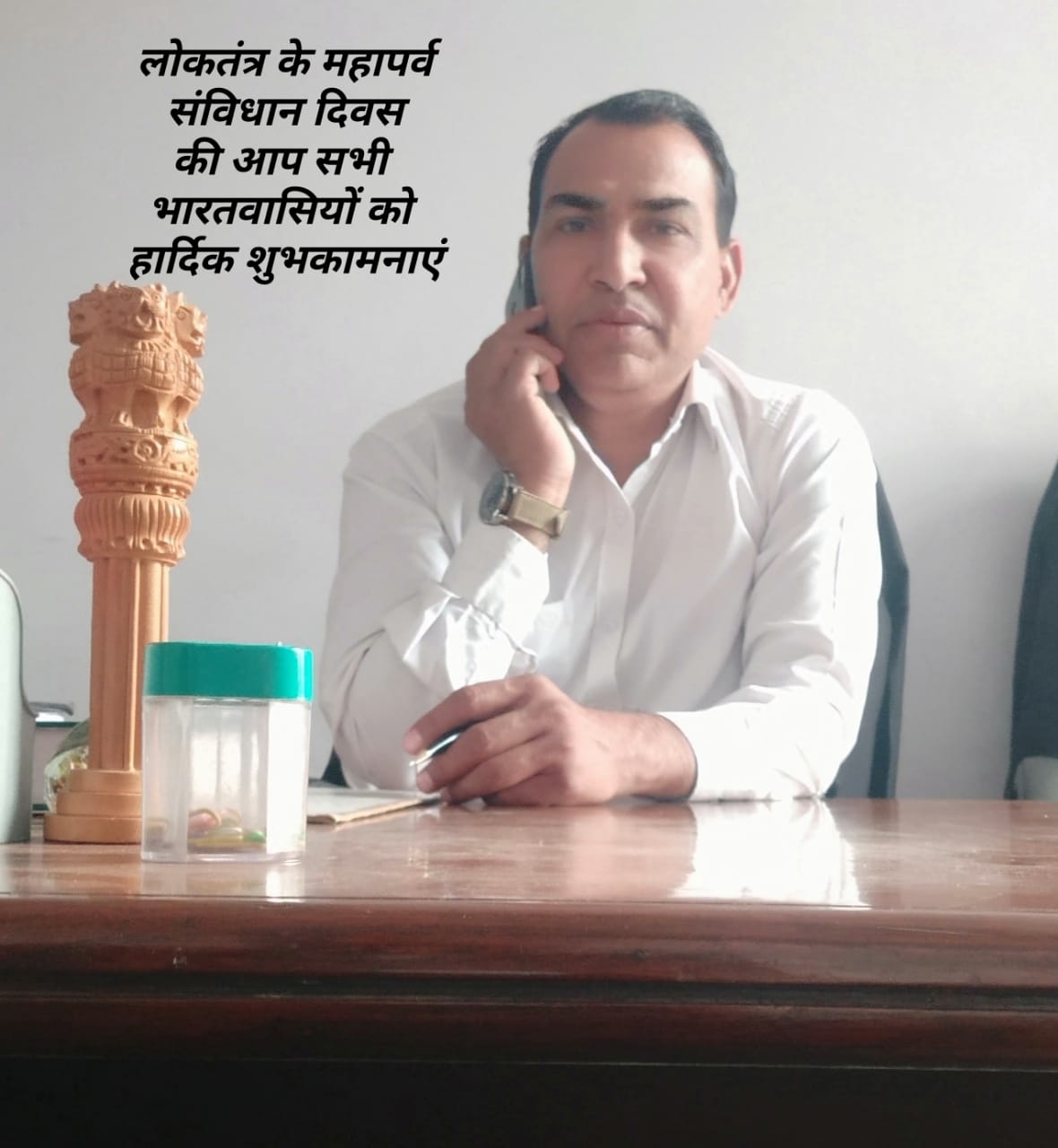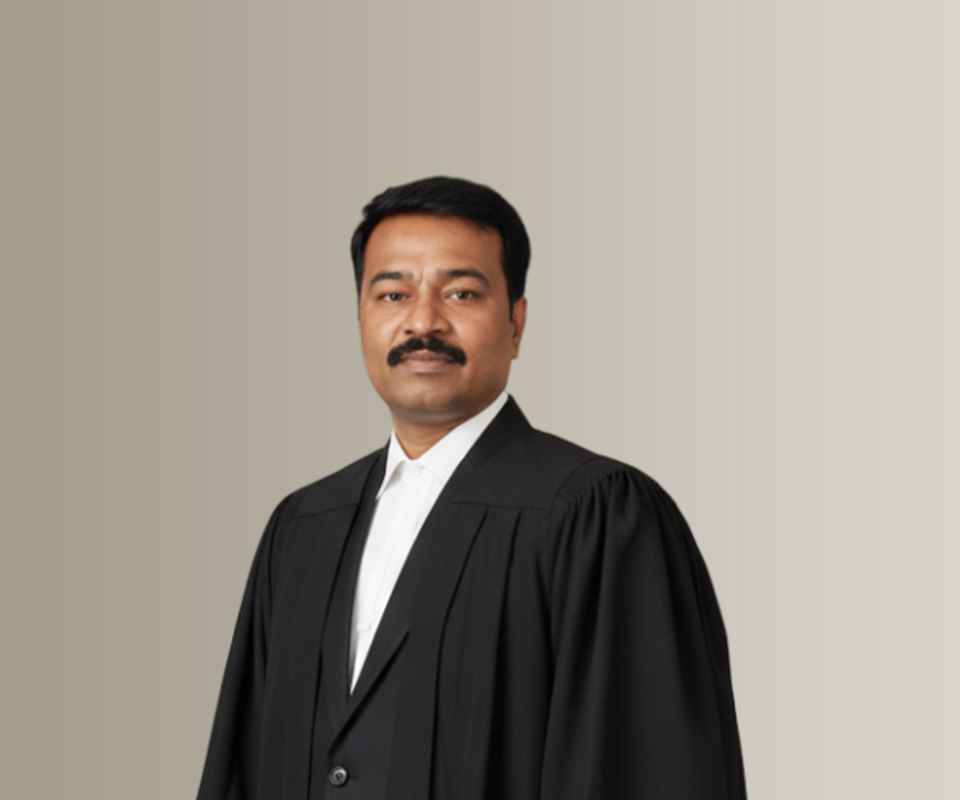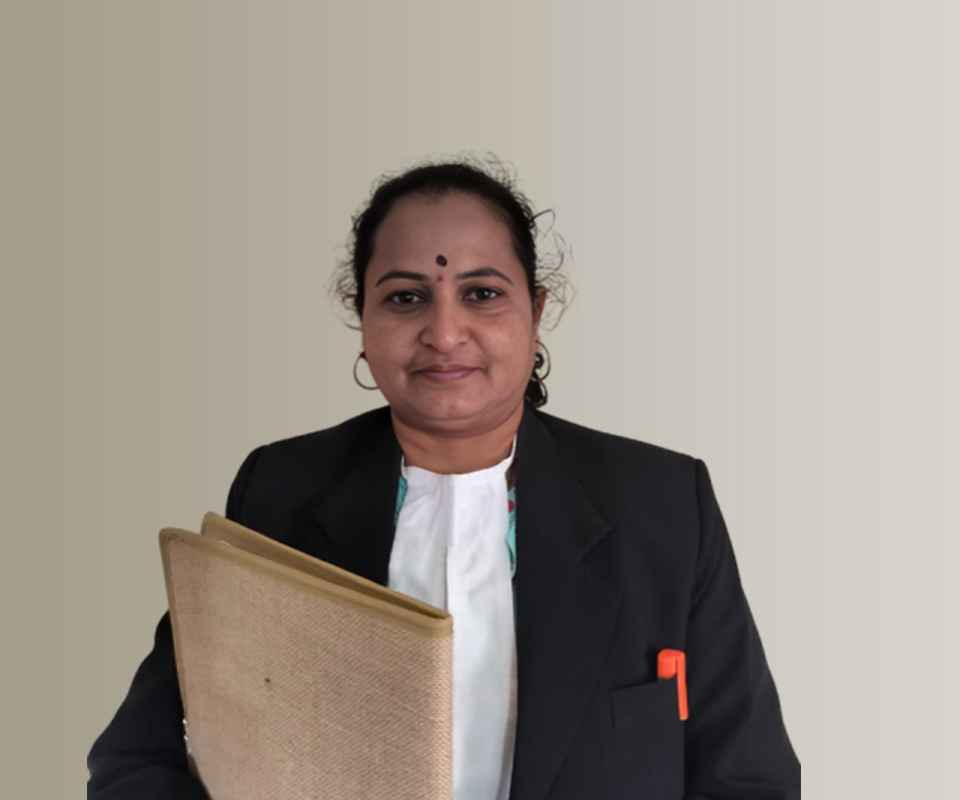Answer By law4u team
One of the ways an elderly individual can protect their assets from potential abuse, neglect, or exploitation—especially by family members, caregivers, or others—is by drafting a will that clearly outlines how their property and assets should be distributed after their death. While a will is a powerful legal document, it also requires careful consideration to prevent situations where an individual could be manipulated, coerced, or subjected to undue influence during the process of drafting it.
An elder may also use a will to protect themselves against financial exploitation, which is a growing concern in cases of elder abuse. The wills not only serve as a mechanism to ensure their wishes are carried out, but they can also be structured in a way that minimizes the risk of potential abuse, fraud, or manipulation.
How a Will Can Protect Against Elder Abuse
Clear and Detailed Distribution of Assets
The will should clearly specify who receives what assets, and if there are conditions tied to certain inheritances (e.g., if the recipient has demonstrated behavior that is abusive or neglectful). This clarity reduces the chances of family members fighting over the estate or manipulating the elder’s wishes.
It is advisable to document reasons behind certain decisions in the will. For example, if a caregiver has been abusive or neglectful, this can be noted as a reason for excluding them from inheritance.
Appointing an Independent Executor
One of the most effective ways to ensure that a will is executed according to the elder’s wishes is to appoint an independent executor. This person should not be a family member or anyone who could have an interest in the will’s distribution. A trusted third party, such as a lawyer or a financial advisor, can oversee the distribution of assets to ensure no one is abusing their position.
An independent executor is less likely to be influenced by family members and can also prevent any coercion or manipulation during the will-writing process.
Ensuring Testamentary Capacity
Testamentary capacity refers to the mental state and ability of the elder to understand the significance of their actions when creating a will. It is crucial that the elder is of sound mind when drafting their will, and that this is documented by a medical professional if necessary. This ensures that the will is legally valid and that the elder’s decisions cannot be challenged later on the grounds of mental incapacity.
If there is concern that the elder may be vulnerable to undue influence (for example, if a family member is exerting pressure on them), it may be wise to have a doctor or psychiatrist provide documentation affirming the elder’s mental clarity during the will-writing process.
Witnesses to the Will
The will should be signed in the presence of witnesses who can testify that the elder was not under duress, coercion, or influence while drafting the document. Ideally, these witnesses should be neutral parties with no vested interest in the will’s outcome.
In some jurisdictions, it’s also recommended that a notary public or solicitor is present to witness the signing to further validate the authenticity of the will and provide additional legal safeguards.
Creating a Trust to Protect Assets
Another protective measure an elder can take is to establish a trust in addition to or in place of a will. A trust allows the elderly individual to place their assets under the management of a trustee, who manages the property on behalf of the beneficiaries. This reduces the potential for direct manipulation by family members.
A trust can be set up with specific conditions, such as ensuring that a beneficiary only receives funds if they are not involved in any form of abuse or exploitation. This can help ensure that the elder's assets are used for their intended purpose and that vulnerable family members are not unduly influenced.
Revoking Previous Wills
If the elder is concerned that a previous will may be used against their wishes (for example, a will drafted under coercion or manipulation), they should revoke or update their will. This ensures that the most current will is the one that reflects their actual wishes.
It is important that all old versions of the will are destroyed, and the new version is properly signed, witnessed, and stored securely.
Inclusion of Specific Clauses to Protect Against Abuse
To protect against elder abuse, the will may include specific clauses that exclude family members or others who have been involved in financial exploitation or abusive behavior.
The will can also provide for regular monitoring of the elder’s estate, appointing a trusted individual to oversee the financial matters to ensure that no one is taking undue advantage of the elder’s assets.
Safeguarding Digital Assets
In today’s world, many elderly individuals may have digital assets (e.g., bank accounts, social media accounts, email) that are susceptible to fraud or cyber abuse. A will can also include provisions for the management or transfer of digital assets, ensuring that these are not exploited or mishandled by anyone who may have ill intentions.
Example: Safeguarding Against Abuse Through a Will
Example: Mrs. Desai, a 78-year-old widow, was living with her son, who was her primary caregiver. Over time, she began to suspect that her son was exploiting her finances and was abusive. Fearing that her son might manipulate her into leaving everything to him, she decided to draft a will with the help of a lawyer.
Mrs. Desai clearly listed her assets and divided them equally between her two daughters, excluding her son from inheriting anything due to his abusive behavior.
She appointed a trusted lawyer as the executor to ensure that the will was carried out as per her wishes.
The will also included witnesses and medical documentation from a psychologist, ensuring that she was of sound mind and not under any pressure while writing it.
Mrs. Desai included a clause that stipulated the estate be monitored by a third-party financial advisor to avoid misuse of the funds.
Conclusion:
Elderly individuals can take significant steps to protect their assets and ensure their wishes are respected by carefully drafting a will. The key is to create a document that is clear, unambiguous, and free from any coercion or manipulation. Appointing an independent executor, ensuring testamentary capacity, and including specific clauses to protect against abuse are essential for safeguarding an elder’s legacy. Legal advice from a trusted professional is vital to ensure that the will is valid, secure, and enforceable.







